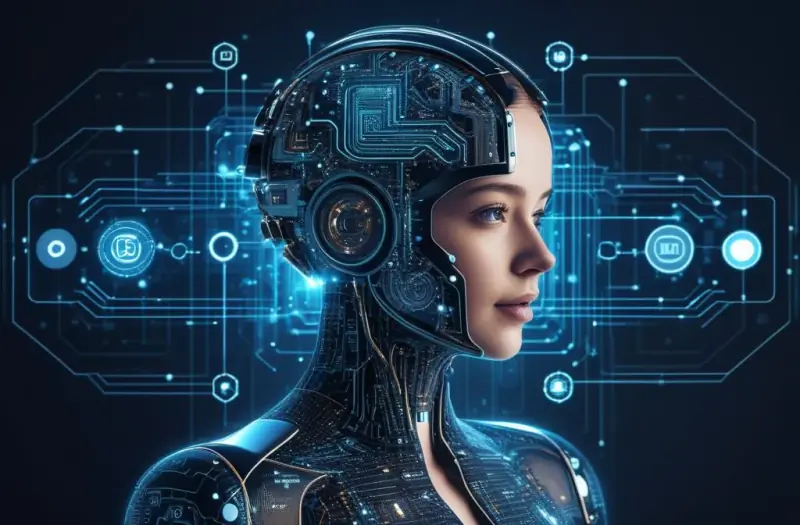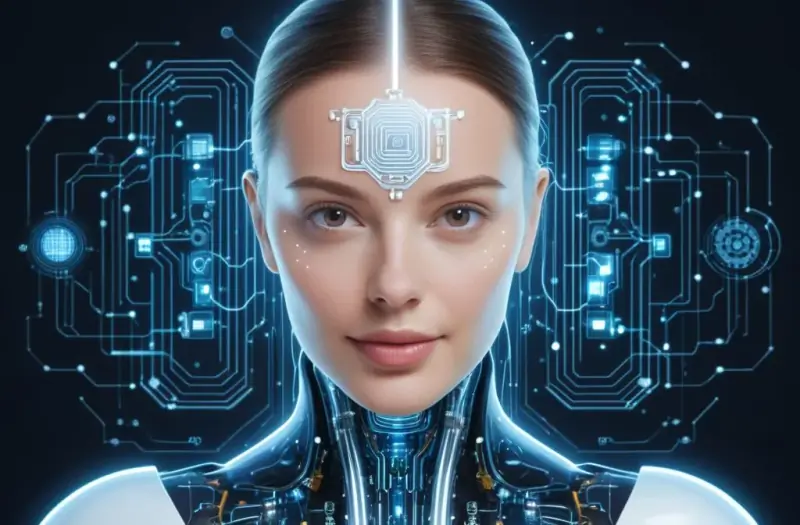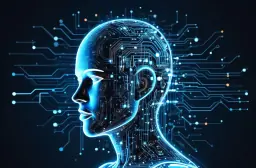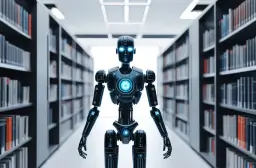Open Source AI Projects: Build & Learn

Table of Contents
Introduction
In the rapidly evolving field of artificial intelligence (AI), open-source projects have emerged as a driving force behind innovation and collaboration. These initiatives provide developers, researchers, and organizations with the tools and platforms necessary to explore new frontiers in AI. Open source artificial intelligence projects allow us to share knowledge, refine ideas, and accelerate technological advancements that might otherwise be out of reach for individuals or small teams.
As we dive deeper into the world of AI open source initiatives, it becomes clear that these projects are not just about code; they are about creating communities. Through open AI development platforms, we can collectively push the boundaries of what’s possible, fostering an environment where ideas flourish, and innovation thrives.
The Rise of Open Source AI Projects

The concept of open-source software has been around for decades, but its application in the AI field is a relatively recent phenomenon. As AI technology began to advance, it became apparent that collaboration would be key to solving complex problems. This realization gave rise to numerous open source machine learning projects, which have since become the backbone of AI research and development.
One of the key benefits of open-source AI projects is the ability to leverage a diverse range of expertise. Developers from all corners of the globe can contribute to AI project repositories, ensuring that these projects are robust, well-tested, and constantly evolving. Moreover, the transparency of open-source projects ensures that the technology is accessible to all, fostering a culture of inclusivity and shared knowledge.
As we continue to witness the growth of AI open source frameworks, it’s evident that the future of AI lies in collaboration. These frameworks provide the building blocks for developing sophisticated AI applications, enabling us to explore new avenues and push the boundaries of what’s possible.
Key Open Source AI Projects Shaping the Future
The open-source AI ecosystem is vast and varied, with projects ranging from general-purpose machine learning libraries to specialized tools for deep learning, natural language processing, and more. Below are some of the most influential open AI software projects that are shaping the future of innovation:
TensorFlow: Developed by Google, TensorFlow is one of the most popular open source deep learning projects. It provides a comprehensive platform for building and deploying machine learning models, with support for both beginners and experts alike.
PyTorch: Backed by Facebook, PyTorch has quickly become a favorite among researchers for its flexibility and ease of use. This open source neural network framework allows developers to build complex models with minimal effort, making it an ideal choice for experimentation and research.
Hugging Face Transformers: Specializing in natural language processing, Hugging Face has revolutionized the field with its open AI solutions. The Transformers library provides pre-trained models and tools that make it easier than ever to implement cutting-edge NLP models in various applications.
OpenAI Gym: A toolkit for developing and comparing reinforcement learning algorithms, OpenAI Gym is a prime example of AI open collaboration. By providing a standardized environment, it allows researchers to test their models against others, driving progress in this challenging field.
Keras: Known for its simplicity and ease of use, Keras is a high-level neural networks API that runs on top of TensorFlow. It is one of the most accessible open source AI tools, making it an excellent starting point for beginners.
These projects represent just a fraction of the vibrant open-source AI community. As we move forward, we can expect to see even more community-driven AI projects emerge, each contributing to the collective knowledge and capabilities of the AI field.
The Impact of Open Source on AI Development
The impact of open-source projects on AI development cannot be overstated. By providing access to powerful tools and platforms, these initiatives democratize AI, allowing anyone with an internet connection to participate in the development and application of advanced technologies. This accessibility has led to an explosion of creativity, with collaborative AI projects tackling some of the most pressing challenges of our time.
One of the key advantages of open-source AI is the speed at which it evolves. With countless developers contributing to AI code repositories, bugs are quickly identified and resolved, new features are rapidly implemented, and best practices are continually refined. This iterative process ensures that open source AI projects are always at the cutting edge of technology, providing users with the most up-to-date tools and capabilities.
Furthermore, the collaborative nature of open source encourages knowledge sharing and cross-pollination of ideas. Researchers and developers can learn from each other’s work, building upon existing models and algorithms to create even more sophisticated AI solutions. This spirit of collaboration is what drives innovation, pushing the boundaries of what AI can achieve.
Challenges and Considerations in Open Source AI

While the benefits of open source AI projects are numerous, there are also challenges that must be addressed. One of the primary concerns is the issue of sustainability. Many open-source projects rely on volunteer contributions, which can lead to inconsistencies in quality and support. Ensuring the long-term viability of these projects requires a balance between community-driven development and institutional support.
Another challenge is the ethical implications of AI. As we continue to develop more powerful AI technologies, it is crucial that we consider the potential consequences of their deployment. Open-source AI projects must prioritize transparency and accountability, ensuring that their technologies are used responsibly and do not perpetuate biases or inequalities.
Finally, there is the issue of security. Open-source projects are inherently more vulnerable to exploitation, as their code is freely available for anyone to inspect. Ensuring that these projects are secure requires a concerted effort from the community, with a focus on identifying and mitigating potential vulnerabilities.
The Future of Open Source AI
The future of open source artificial intelligence projects is bright, with endless possibilities for innovation and collaboration. As more organizations recognize the value of open-source development, we can expect to see even greater investment in these initiatives. This will lead to the creation of more sophisticated open AI development platforms, enabling us to tackle increasingly complex problems.
Moreover, the rise of AI will continue to blur the lines between disciplines, fostering collaboration between experts in fields such as computer science, mathematics, biology, and more. By leveraging the power of open source AI tools, we can accelerate the pace of discovery and unlock new opportunities for advancement.
In the coming years, we can expect to see a surge in AI open source initiatives focused on addressing global challenges such as climate change, healthcare, and education. These projects will not only advance the state of AI but also contribute to the betterment of society as a whole.
FAQs
What are open-source AI projects?
Open-source AI projects are collaborative initiatives where the source code is freely available for anyone to use, modify, and distribute. These projects are typically developed by a community of contributors and are often used to advance the field of artificial intelligence.
Why is open-source important for AI?
Open-source is important for AI because it democratizes access to advanced technologies, allowing anyone to contribute to and benefit from AI development. This fosters innovation, accelerates progress, and ensures that AI technologies are transparent and accessible.
What are some popular open-source AI projects?
Some popular open-source AI projects include TensorFlow, PyTorch, Hugging Face Transformers, OpenAI Gym, and Keras. These projects provide the tools and frameworks necessary for building and deploying AI models.
What are the challenges of open-source AI?
Challenges of open-source AI include sustainability, ethical considerations, and security. Ensuring the long-term viability of projects, addressing potential biases, and securing the code are critical to the success of open-source AI initiatives.
How can I contribute to an open-source AI project?
You can contribute to an open-source AI project by joining the project’s community, reviewing and submitting code, writing documentation, and participating in discussions. Most projects have guidelines for contributors, which can be found in their repositories.
Conclusion
Open source AI projects are at the forefront of innovation and collaboration, providing us with the tools and platforms necessary to push the boundaries of what’s possible. Through these initiatives, we can collectively address some of the most pressing challenges of our time, while also fostering a culture of inclusivity and shared knowledge. As we look to the future, it is clear that collaborative AI projects will continue to play a pivotal role in shaping the trajectory of artificial intelligence.
Key Takeaways
- Open source AI projects are driving innovation and collaboration in the field of artificial intelligence.
- Key projects like TensorFlow, PyTorch, and Hugging Face Transformers are shaping the future of AI development.
- Open-source AI fosters inclusivity, transparency, and rapid technological advancement.
- Challenges include sustainability, ethical considerations, and security, which must be addressed to ensure the success of these initiatives.
- The future of open source AI is bright, with endless possibilities for addressing global challenges and advancing the state of AI.
Popular Tags
ADS SPACE HERE


